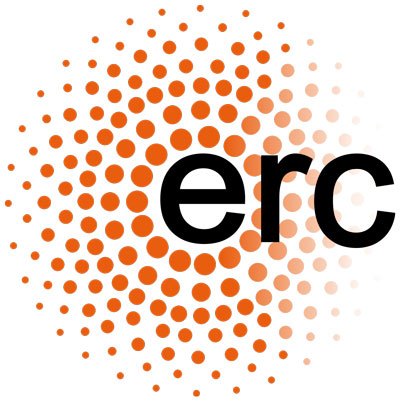
Field: Biology
Research: Mechanical signals in plants: from cellular mechanisms to growth coordination and patterning
Project
Development relies on a complex network of molecular effectors that ultimately modify the mechanical properties of cells and control shape changes. In turn, mechanical forces can also feedback on the molecular network to govern development. Several mechanosensitive proteins have been identified in animals but their role in multicellular development remains poorly documented. Plants are ideal systems to study mechanotransduction in development because their mechanics is mainly mediated by the cell wall. Here we propose to identify the plant mechanotransduction pathways and investigate their role in development, using Arabidopsis cell culture, cotyledons and shoot apical meristems as experimental systems. We will conduct a multiscale investigation into mechanotransduction, at the level of a cell, of a small group of cells, and of the tissue. We have already characterized the response of microtubules to mechanical stress using a set of micromechanical tools in these three systems, and we have identified a mechanosensing protein, which, when impaired, causes growth coordination defects in the epidermis and altered morphogenesis. We will identify and characterize other elements of the plant mechanotransduction pathways, including mechanosensitive genes and proteins, based on preliminary results and on a well-designed screen. Scaling up, we will generate transgenic lines in which patches of cells with altered mechanical properties can be induced, and we will test whether mechanical heterogeneities are used to coordinate cell wall remodeling and cell division in neighboring cells. Last, we will investigate whether these biophysical coordinating mechanisms contribute to patterning and cell fate in organs, focusing on the epidermis, the boundaries between expression domains, and stem cell identity. We will investigate whether mutants exhibiting identity defects can be rescued with applied mechanical forces or locally modified mechanical properties.
Max ERC Funding
1 869 823 €
Duration
Start date: 2014-06-01, End date: 2019-05-31
ERC Consolidator Grant
ERC Consolidator Grants support promising researchers who are at the beginning of an independent research career. The consolidation of their own research team will be funded with the grant. For the evaluation of the researcher profile several benchmarks according to research domain and career development are taken into account. For instance, applicants should have several important publications without their PhD supervisor. Other benchmarks include publications as first author in high-ranking international journals, (translated) monographs, patents, conference presentations or (inter)national prizes and awards.







 Olivier Hamant
Olivier Hamant